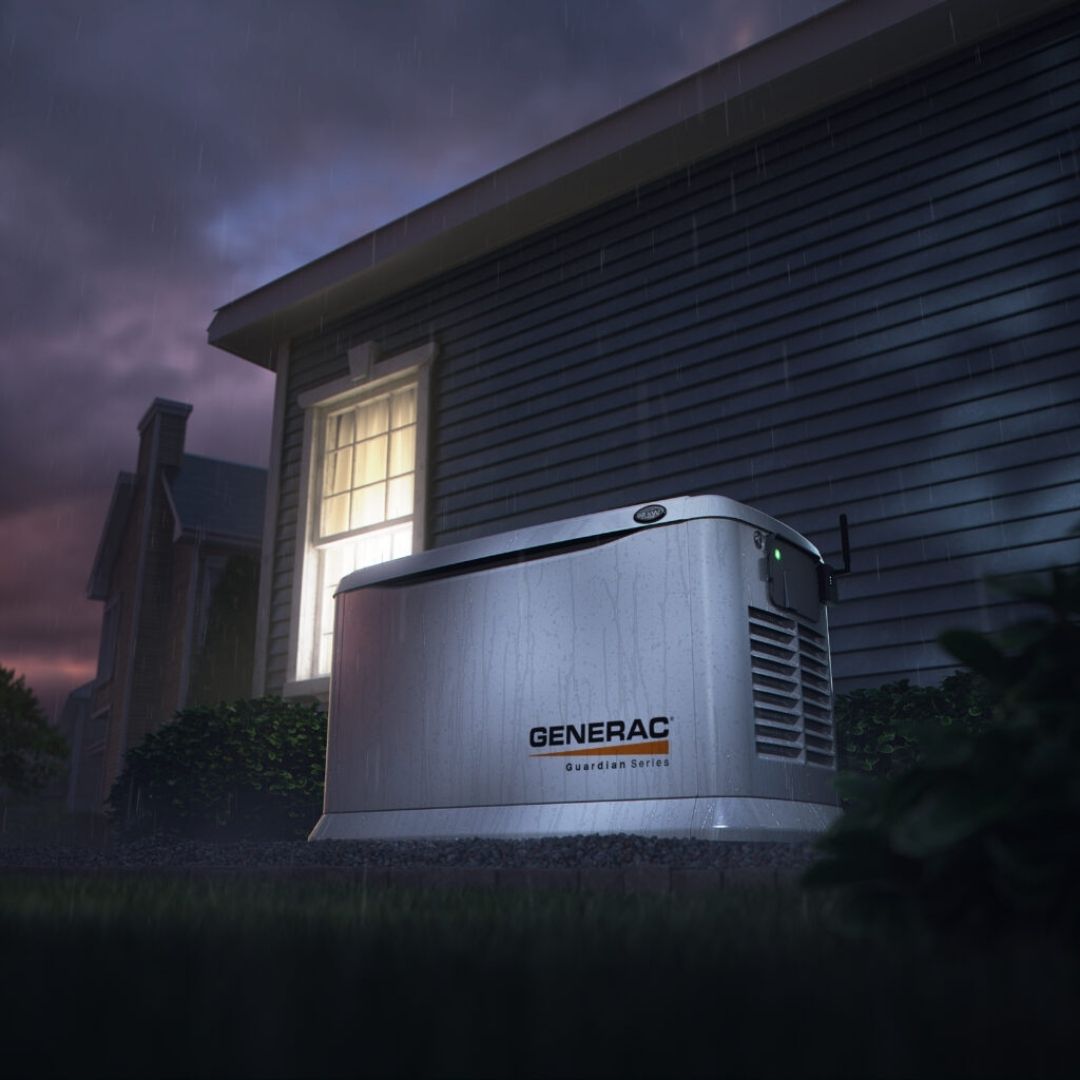Which EV Charger is best for me?
Looking for a reliable EV charger for your electric vehicle? Here are some pros and cons of three popular options: the ChargePoint EV charger, Wallbox, and the Flo charger.
ChargePoint:

Chargepoint 60amp charger
Price: $1,090+tx
ChargePoint is a popular brand of electric vehicle (EV) chargers that offers a variety of products for residential, commercial, and public charging. Here are some pros and cons of the ChargePoint EV charger:
Pros:
- Compatibility: ChargePoint EV chargers are compatible with a wide range of EV models, making them a popular choice for both individual and commercial users.
- Customizable: ChargePoint chargers offer customizable options, such as scheduling charging times, setting charging limits, and monitoring usage remotely.
- User-friendly: ChargePoint’s app makes it easy for users to locate and use available charging stations, check the status of their vehicle’s charging, and pay for charging sessions.
- Reliable: ChargePoint has a reputation for offering high-quality, reliable chargers that are built to last.
Cons:
- Price: ChargePoint chargers tend to be more expensive than some other brands of EV chargers, which can be a disadvantage for individual users who are looking for a more affordable option.
- Installation: ChargePoint chargers require professional installation, which can add to the cost and time required to set up a charging station.
- Availability: While ChargePoint has a large network of charging stations, they may not be as widely available as some other charging networks, which could be a disadvantage for EV users in certain areas.
- Compatibility issues: While ChargePoint chargers are generally compatible with most EV models, there may be some compatibility issues with certain models, which could limit their usefulness for some users.
Wallbox:

Wallbox Charger
Price: $890+Tx
Wallbox is another brand of electric vehicle (EV) chargers that offers a variety of products for residential, commercial, and public charging. Here are some pros and cons of the Wallbox EV charger:
Pros:
- Design: Wallbox chargers are known for their sleek and modern design, which can add an attractive element to your home or business.
- Connectivity: Wallbox chargers offer a variety of connectivity options, such as Wi-Fi, Bluetooth, and mobile app integration, making it easy to monitor usage and customize charging options.
- User-friendly: Wallbox chargers are generally easy to use, with clear instructions and an intuitive interface.
- Efficiency: Wallbox chargers are designed to be highly efficient, which can help reduce energy consumption and lower electricity costs.
Cons:
- Price: Like ChargePoint chargers, Wallbox chargers tend to be more expensive than some other brands of EV chargers, which can be a disadvantage for individual users who are looking for a more affordable option.
- Installation: Wallbox chargers also require professional installation, which can add to the cost and time required to set up a charging station.
- Compatibility issues: While Wallbox chargers are generally compatible with most EV models, there may be some compatibility issues with certain models, which could limit their usefulness for some users.
- Availability: Wallbox chargers may not be as widely available as some other brands of EV chargers, which could be a disadvantage for EV users in certain areas. Additionally, the company may have a limited support network for repairs and maintenance in some locations.
Flo Charger:

FLO charger
Price: $1,099 +tx
Flo is another brand of electric vehicle (EV) chargers that offers a variety of products for residential, commercial, and public charging. Here are some pros and cons of the Flo EV charger:
Pros:
- Compatibility: Flo EV chargers are compatible with a wide range of EV models, making them a popular choice for both individual and commercial users.
- Flexibility: Flo chargers offer customizable options, such as scheduling charging times, setting charging limits, and monitoring usage remotely.
- User-friendly: Flo’s app makes it easy for users to locate and use available charging stations, check the status of their vehicle’s charging, and pay for charging sessions.
- Durability: Flo chargers are designed to be durable and weather-resistant, which can make them a good choice for outdoor installations.
Cons:
- Price: Like ChargePoint and Wallbox chargers, Flo chargers tend to be more expensive than some other brands of EV chargers, which can be a disadvantage for individual users who are looking for a more affordable option.
- Installation: Flo chargers also require professional installation, which can add to the cost and time required to set up a charging station.
- Availability: Flo chargers may not be as widely available as some other brands of EV chargers, which could be a disadvantage for EV users in certain areas.
- Customer service: Some users have reported difficulties with customer service and support from Flo, which could be a disadvantage if you encounter issues with your charger.
Recent Posts

Mar. 03, 2024
Can I get paid to have Solar Panels in Ottawa?

Feb. 25, 2024
How much do Electricians cost in Ottawa?

Feb. 22, 2024
Harnessing Solar Power in Ottawa: A Comprehensive Guide to Solar Panels for Homeowners

Feb. 18, 2024
Generac Generators: Powering Peace of Mind in Ottawa

Jun. 10, 2023
Micro Inverters vs DC optimizers
View More